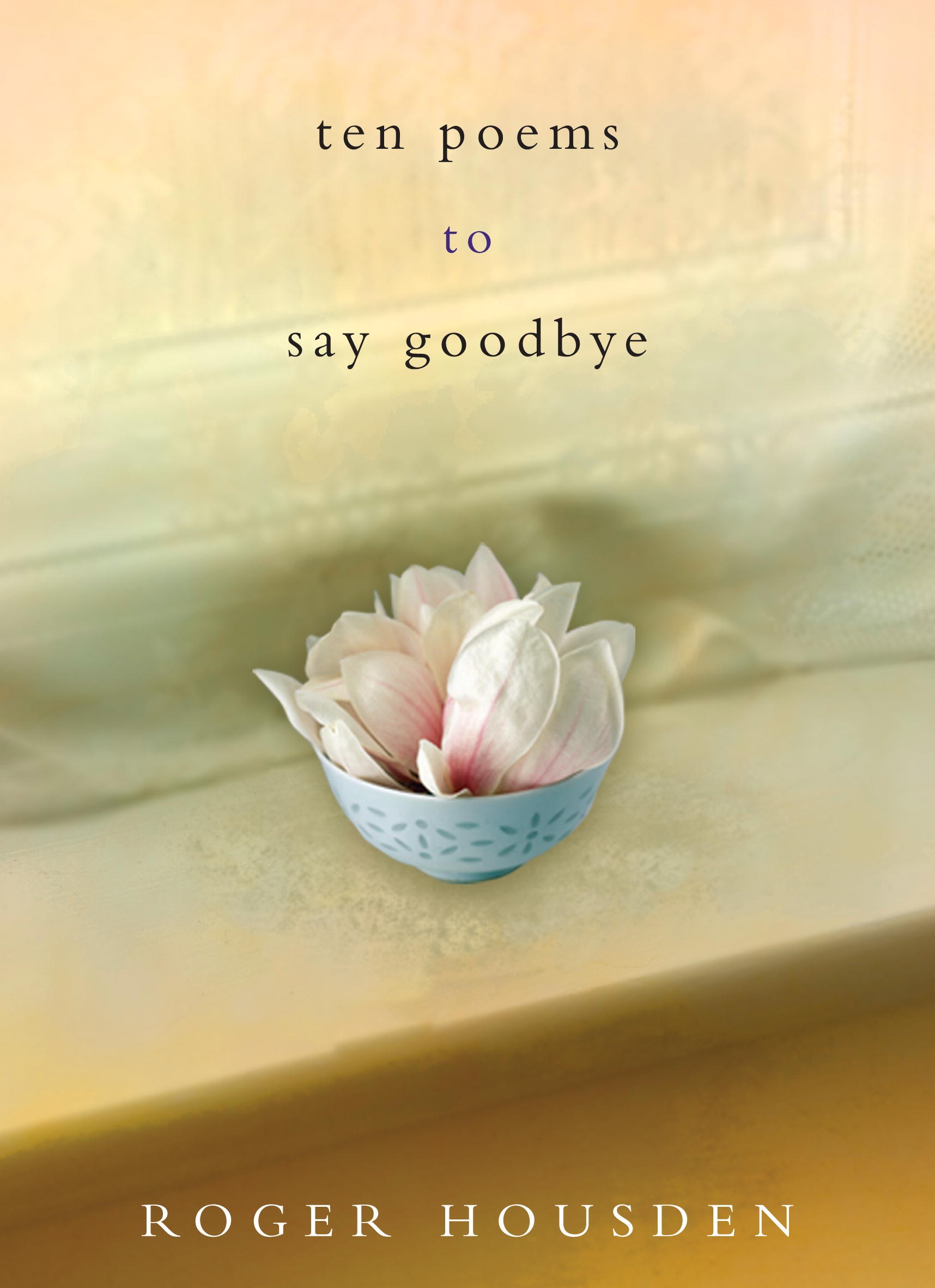In time, even the reddest of roses lose their bloom and gracefully let their petals fall. When half of all marriages end in divorce and -- despite our initial hopes for them -- many more informal relationships flicker out after just a few months or a year or two, we can be forgiven for feeling cynical about romantic love.
And yet I have faith still in the value of love's enchantment; the rich colors the world takes on in lovers' eyes. I believe in the tears of love, the joys of love, in the warmth in the chest that comes when we feel we have known this person all of our lives and beyond. The recognition: it is what we long for.
You may say this is nothing more than delusion; that an enchantment necessarily deceives and leaves us disappointed and possibly lonely. Yet for all the challenges it may bring in distinguishing reality from imagination, surely the romance of love is one of the deepest and most integral experiences of being human. It is a gift from beyond; from beyond the strategies of the self-seeking mind. It doesn't come on demand; rather it chooses us if it is so inclined, even if it may be inconvenient to our best laid plans. It can upset our world, and yes, it can leave -- as suddenly as it came, or little by little over a lifetime.
But isn't it worth it, all the same? A broken heart allows us to feel more deeply the heart of others and their sufferings, and to take our place more humanly in this world in which everything, but everything, falls away at last, and not least ourselves. Success in love is determined not by the length of time two people stay together, but by the generosity, the caring, and the tenderness they have shared, in parting as well as in staying.
When my own marriage ended, I read my wife The God Abandons Anthony, the astonishing poem by the Greek poet, Cavafy. Anthony and Cleopatra are about to lose the city of Alexandria to the Roman army. Anthony is also losing the protection of Dionysius, god of music and wine. He stands on a balcony as a procession of musicians walks by. The poet urges him not to turn away from the beauty of the music, but to turn toward it; to take in the full impact of the loss he is going to sustain; to be willing to listen to the exquisite music of that strange procession, and say goodbye to her, the Alexandria you are leaving.
Can we stand to gaze into the heart of our loss, the preciousness of what we are losing, and not look away? This is the challenge Cavafy offered me. His poem gave me the words with which to say goodbye to my marriage, and, even as it was dissolving, the courage to feel the value it had served in my life for a period of time.
The poet e.e. cummings takes this courage several steps further. In his poem it may not always be so, and i say, he displays a heart-rending generosity.
it may not always be so; and i say
that if your lips, which i have loved, should touch
another's, and your dear strong fingers clutch
his heart, as mine in time not far away.....
if this should be, i say if this should be-
you of my heart, send me a little word;
that i may go unto him, and take his hands,
saying, Accept all happiness from me.
It is not common to bow so gracefully to the very person our beloved is turning toward, even as they turn away from us. I feel humbled by these lines; by what they say of the human being's capacity to truly love; her ability to accept the way life moves and has its own intelligence; to bow deeply to the reality that, in fact, we are never in control of the way things go. I think of the end of Mary Oliver's poem In Blackwater Woods, where she says that you have to be able to do three things in order to live in this world:
to love what is mortal;
to hold it
against your bones knowing
your own life depends on it;
and, when the time comes to let it go,
to let it go.
In loving what is mortal, we know that the object of our love will pass away. Even so, we love utterly, without reserve. And to let go when it is time to let go, as Cummings does in his poem, is perhaps the final, most absolute mark of that love. The poem ends with a heartrending cry of loss:
Then shall i turn my face, and hear one bird
sing terribly afar in the lost lands.
For letting go of his beloved in the way he does, freeing her to follow her life's deepest affections, does not mean to deny the feelings he has toward her, but on the contrary, to raise them to their subtlest and finest station.
The greatest gift of love is the gesture of open arms -- let come what comes -- not because you don't care, or because you hope to steel yourself against pain, but because you care so much that you are helpless to do anything else. You bow to what wants to happen, whatever it is. And as in these last two lines, you accept the cost, the inevitable blow to the heart. Better in this life, after all, for the heart to be broken -- to take on the rich, the tender vulnerability of being human -- than not.
Roger Housden's new book, Ten Poems to Say Goodbye, comes out February 21st with Harmony Books. You can pre-order it here.
